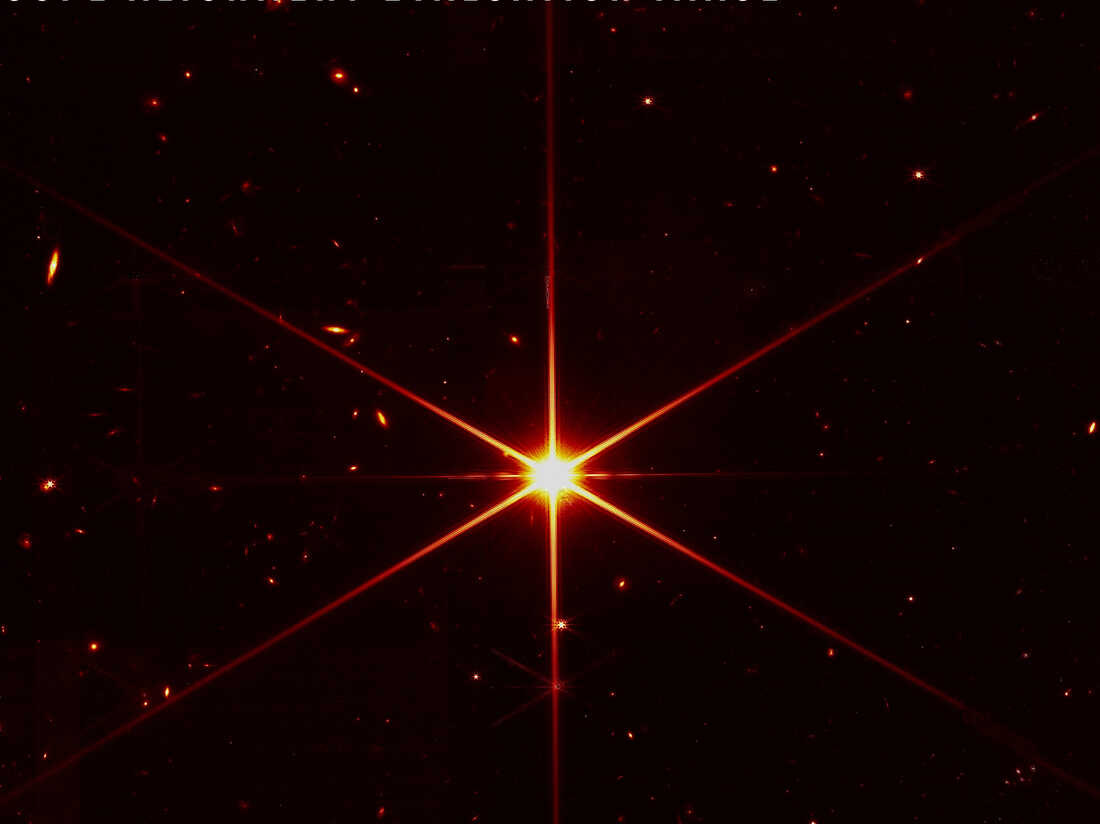
Hello again Science fans!
When I last wrote the SciSchmooze a month ago, the war in Ukraine had just started. Little did I expect things would go in the directions they have. From the attacks on civilians, health care facilities, and whole cities, to the resistance, ingenuity, and persistence of the Ukrainian people and army, this has been a month full of surprises. News reports say the Ukrainian armed forces now have more tanks than when the war started, given the number of Russian tanks they have captured. David vs. Goliath indeed!
As I noted last time I have a close friend who lives in Ukraine. She is still there and still OK. It doesn’t appear safe for her to transit from where she lives to the west to get out of the country, so for now it is safer to stay put. But it is taking a mental toll on her.
Back on February 24, a few hours before the invasion began, Ukraine’s electric grid operator began a planned 72 hour test connecting to the European power grid while disconnecting from the Russian one. This isn’t a simple task.
Electricity is something we take for granted. It is everywhere. You just plug into the wall socket, and there it is. But behind that is a huge infrastructure that allows various electric utilities to share generation capacity and transmit electricity across parts of the grid. For that to work, every generation facility has to be aligned with every other one on the grid.
Since the end of the Cold War, Russian scientists have worked with their counterparts around the world in a number of areas. We hear mostly about collaboration in space through the International Space Station and Russian commercial rocket launches of both people and satellites.
Russian physicists have been integral to the work at CERN too. (CERN is now the European Organization for Nuclear Research, but EONR just doesn’t have the same cachet!) The officials there are trying to figure out how to keep their science work going while punishing Russia’s government.
Most of the news I have for this week’s newsletter deals with space.
The picture leading today’s Schmooze is a test image from the James Webb Space Telescope after the mirrors were aligned. Not only is it crystal clear, but take a look at the background. There are many visible galaxies in that image. So far, JWST’s deployment has been flawless.
NASA has now confirmed the existence of 5,000 exoplanets. While NASA has been looking for 30 years now, it is only in the past few that the number of exoplanets detected has soared. And there are quite a variety of planet types in this list. We can’t possibly be alone in the Universe!
NASA also has teased an exciting announcement for this coming Wednesday. Stay tuned!
But wait, there’s more (NASA news). Two rockets are about to launch into the Northern Lights! The next attempt is currently scheduled for tonight. You can check this Twitter feed from the Poker Flat Research Range to see if it is happening.
Asteroid impacts with Earth are a concern. While there is quite an active attempt at identifying potential future impact threats, only five times in history have we discovered an asteroid before it hits the planet. The fifth incident was just this month! The same astronomer who discovered that one, also discovered a much larger one a few days later that just missed us.
We’re forecast to get the wettest storm so far in 2022 over the next few days. That isn’t saying much, considering how dry it has been this year. This is a problem for the entire Western US, not just California. Last week, Lake Powell fell to its lowest level since it was created by the damming of the Colorado river in 1963, and this has implications for the power grid.
In continued signs that the planet is in stress from climate change, both of Earth’s poles experienced extreme heat recently, with temperatures between 50 and 70 degrees (F) warmer than normal, depending on which pole you are looking at. The Conger ice shelf collapsed in Antarctica on March 15, an area almost as large as Los Angeles! Holes are forming on the Arctic seafloor too as undersea permafrost is melting.
If you were on Mars listening to a concert, it would sound different. It turns out that the speed of sound is slower on Mars than elsewhere, and lower frequencies travel slower than higher ones. The bass would sound out of synch with the rest of the music.
I live in a Planned Unit Development which has a Homeowner’s Association. I’m on the Board of Directors and we’ve been getting our ByLaws and Covenants updated, so I’ve been wading through lots of legalese. So I got a chuckle from this report on a study from MIT on why legal documents are so difficult to understand. Get ready to learn about “center-embedding”.
Lastly, Women’s History Month is almost over. Here are ten female inventors who changed the world. We should be celebrating ten every day, not just one month a year!
A reminder that tickets for the Lick Observatory’s summer lecture and concert series will go on sale to the general public at noon, April 13. They will sell out quickly.
Have a great week in Science!
Bob Siederer
Upcoming Events:
Click to see the next two weeks of events in your browser.
